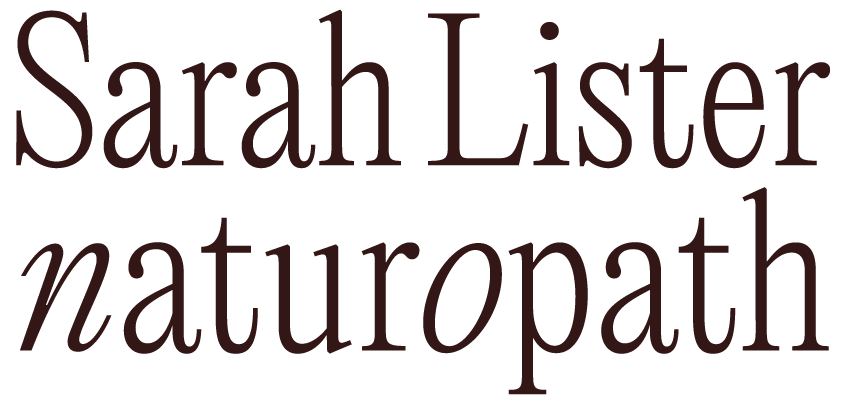J.24/ How to improve your wellbeing
It can be confusing knowing what to eat, how much to eat, what exercises to do and how much water you should have. Balance is key for maintaining a healthy lifestyle and optimising your wellbeing.
A great diet consists of a high variety of seasonal fruits and vegetables, good quality protein sources, little to no processed foods and adequate water intake. It sounds easy doesn’t it, but each individual person needs different amounts of macro (carbohydrates, fat and protein) and micro (vitamins and minerals) nutrients, it’s all about finding what suits you and how to optimise your wellbeing. Fads will always come and go, it’s important to maintain a balance with everything and rather than following a fad, actually finding out what foods suit you and your body type. It’s important to note as well diet should always come first and supplements are to fill in nutritional gaps that can’t be done with diet or to treat a specific condition, there is no ‘magic’ pill to obtain perfect health.
Some key things to focus on for improving your diet are, eating sustainably, variety, wholesome foods and being in tune with your body. Eating sustainably involves buying local and in season foods, this reduces food miles (how far a food has travelled and impact to the environment) and will mean you’re getting foods that are fresher. Foods that are from closer to home will mean they aren’t picked as early so they will have more nutrients in them and will also be supporting a local. This isn’t always feasible but it something to keep in mind when buying food.
Variety is key, having variety in your diet will ensure you’re getting a good rotation of nutrients from different sources of foods. If you eat the same foods daily you might not be exposing yourself to enough nutrients across those foods, this may lead to nutritional deficiencies. Eating a low processed food diet is best, processed foods can have higher levels of sugar, fat and salt to enhance flavours. It’s best to eat foods in their natural forms as much as you can. Eating what is right for your body is an important factor, let’s say you continue to eat capsicums because they’re good for you but your body is experiencing trouble breaking it down and then it may cause irritation in your body. Being aware of how your body is feeling when eating particular foods can help us find any sensitivities to different foods.
Improving your health isn’t just about eating well, it’s also about any liquid calories you have, your exercise regime and stress level. Water intake is a big one for the clients I see, if you’re dehydrated then your body isn’t going to function as best it can so it’s important to make sure you’re having enough to water. Other drinks such as soft drinks, lots of dairy, caffeine or alcohol are definitely a sometimes drink, these drinks add calories without much nutritional benefit so it’s important to moderate the quantity you have of these. Exercising most days of the week is a great goal to have, work with your fitness level, this might be going to the gym, doing a exercise class, going for a walk or doing a home work out. Stress negatively impacts our health so it’s important to address your stress levels if they’re impacting your life negatively. Ways you can improve your stress levels are speaking to a health practitioner, reaching out to a loved one or calling a help line.

